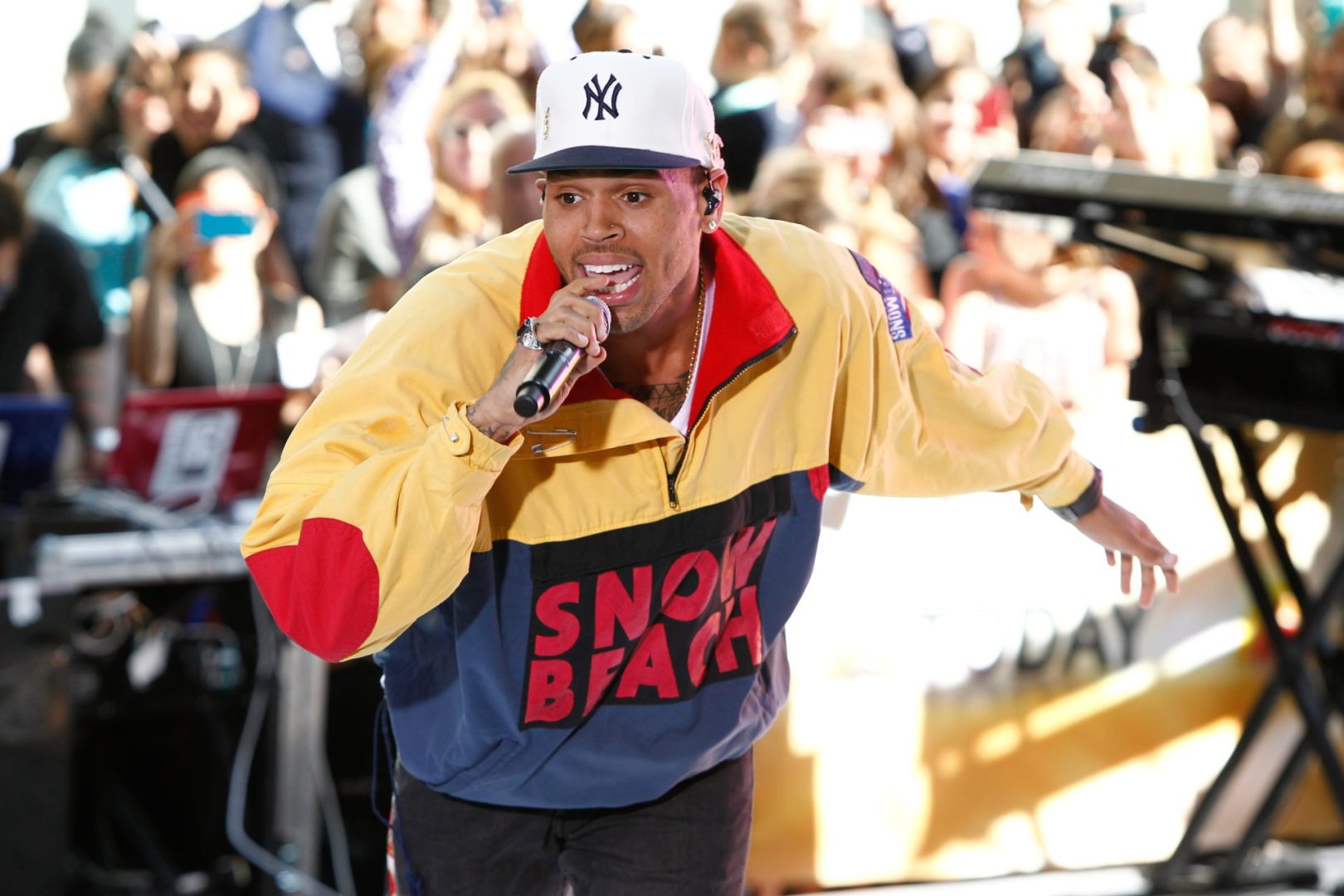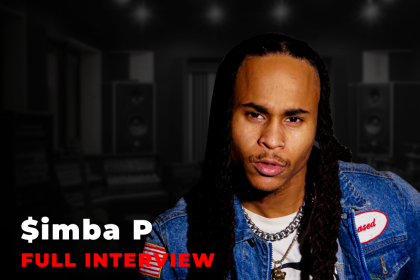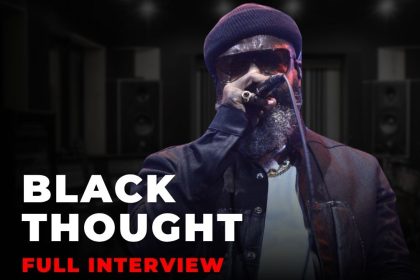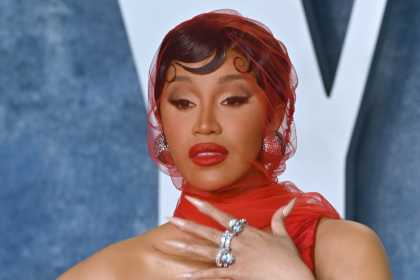A federal investigation has uncovered concerning details about the allocation of COVID-19 relief funds by music industry titans Chris Brown and Lil Wayne. The Shuttered Venue Operations Grant (SVOG), a $16 billion federal initiative designed to support struggling artistic venues during the pandemic, became the center of controversy after reports emerged of potential fund misappropriation. The program, which supported 13,000 art organizations nationwide, faced scrutiny when financial records revealed questionable spending patterns by both artists. Recent data shows that approximately 30% of venues that received support through SVOG managed to avoid permanent closure due to the funding.
Financial irregularities
CBE Touring, Chris Brown’s company, received $10 million through the SVOG program. Financial records indicate that $5.1 million was directed as personal payment to Brown, while substantial sums were allocated to non-business expenses. Documentation shows expenditures including an $80,000 birthday celebration and a $200,000 celebrity basketball tournament. The detailed financial trail reveals transportation costs exceeding $24,000 for a tour bus journey to Tulum, Mexico. Additional records show multiple transactions that appear to deviate from the program’s intended purpose, including entertainment expenses totaling over $150,000.
Luxury expenditures
Lil Wayne, legal name Dwayne Michael Carter Jr., secured an $8.9 million grant through the program. Financial records reveal over $1.3 million spent on private aviation services and $460,000 in luxury brand purchases from retailers including Gucci and Balenciaga. Additional expenditures included $175,000 for music festival activities promoting his cannabis brand GKUA and record label Young Money Entertainment. Investigation documents show recurring patterns of high-end purchases and lifestyle expenses that appear inconsistent with business recovery purposes.
Program oversight challenges
The SVOG program’s implementation faced significant oversight challenges from its inception. The Small Business Administration (SBA) processed over 17,500 applications for the program, with nearly 75% receiving approval. However, the rapid deployment of funds and the complex eligibility criteria created vulnerabilities in the verification process. Recent audits reveal that approximately 12% of approved applications showed signs of potential irregularities requiring further investigation.
Industry implications
The controversy surrounding these high-profile cases has sparked discussions about accountability in arts funding. Industry experts note that such incidents could impact future federal support for the arts sector, particularly during crisis periods. Statistical analysis shows that legitimate venues receiving SVOG funding experienced an average 65% reduction in revenue during the pandemic, highlighting the program’s critical importance for industry survival.
Reform and future considerations
Industry organizations have proposed enhanced oversight measures for future relief programs. These measures include improved real-time expenditure tracking systems and mandatory quarterly audits for grants exceeding $1 million. Enhanced verification processes for high-risk applications have been suggested, along with independent oversight committees including industry representatives. The proposals emphasize structured reporting requirements for fund utilization, aiming to prevent similar incidents while maintaining the program’s ability to provide crucial support to legitimate businesses in crisis situations.















